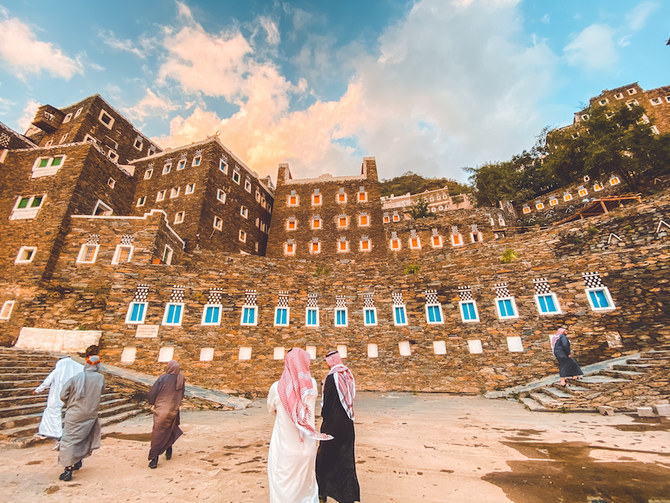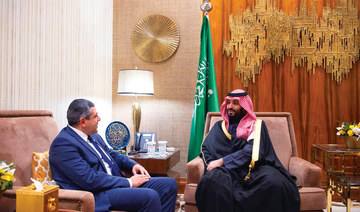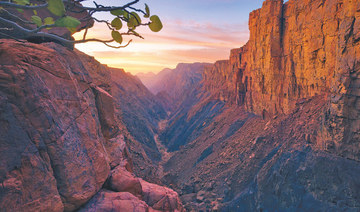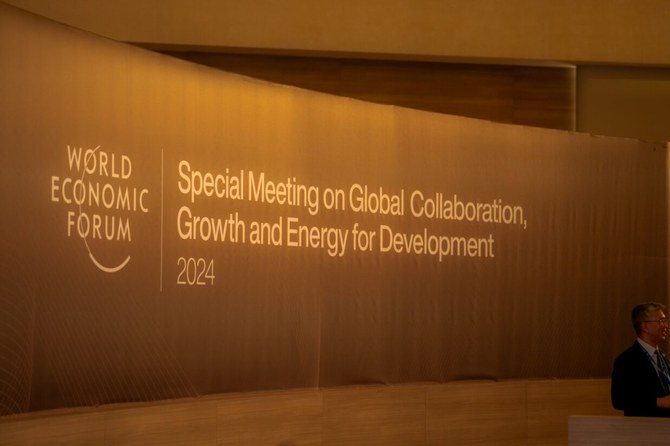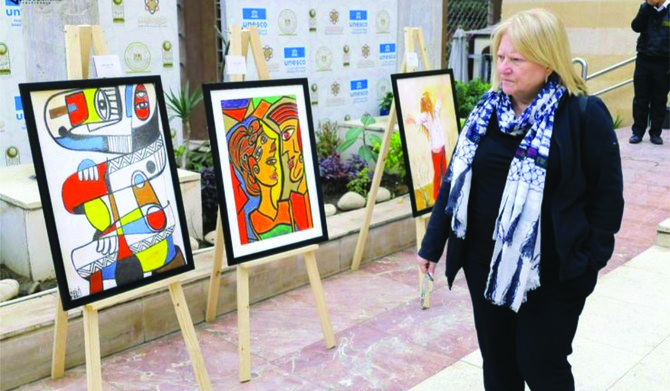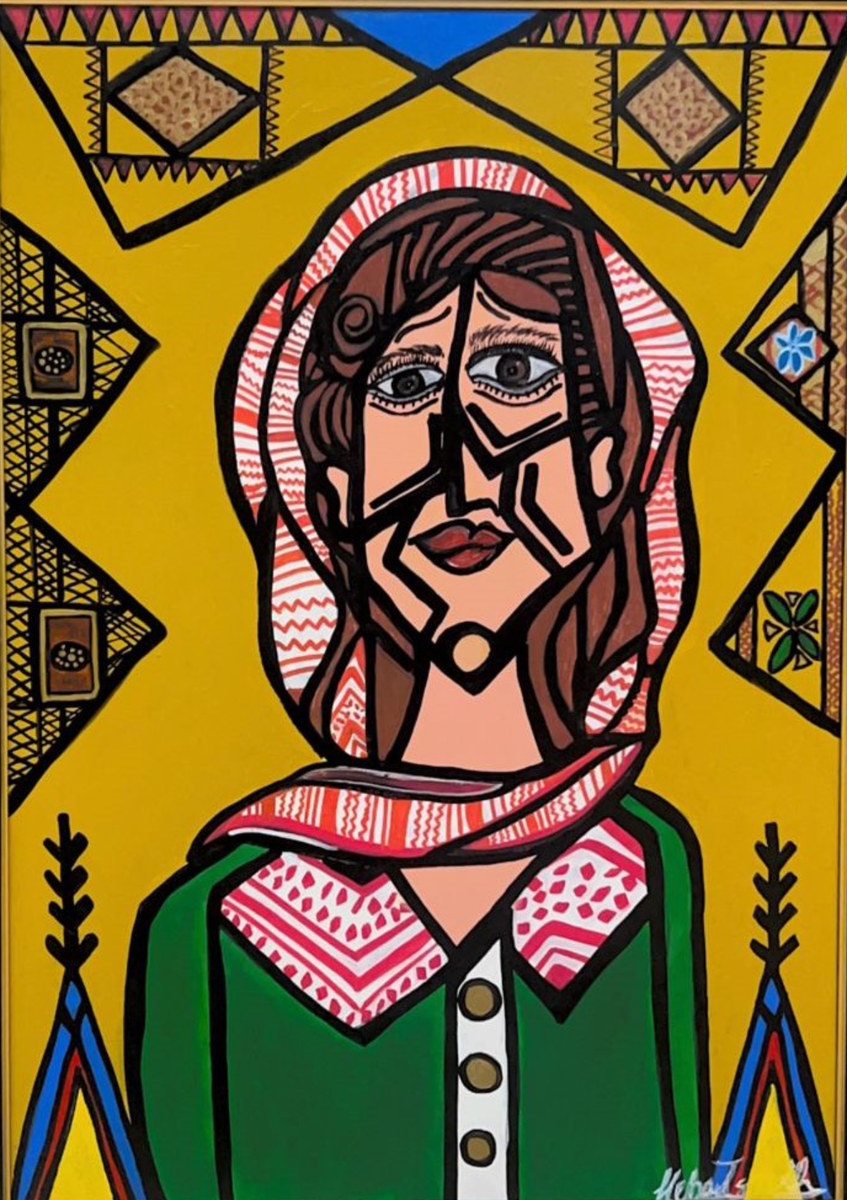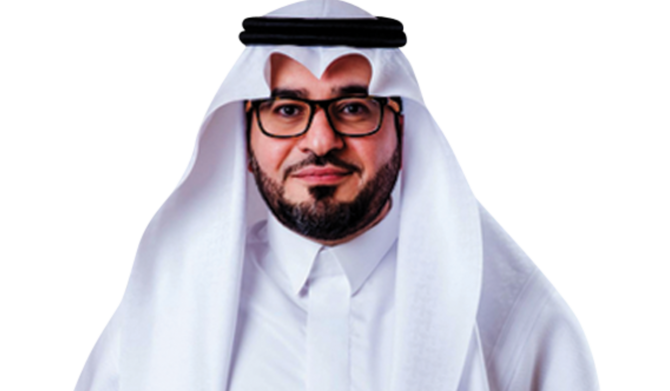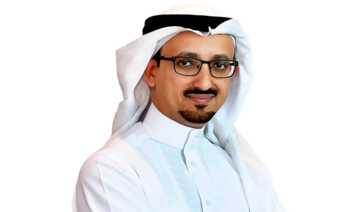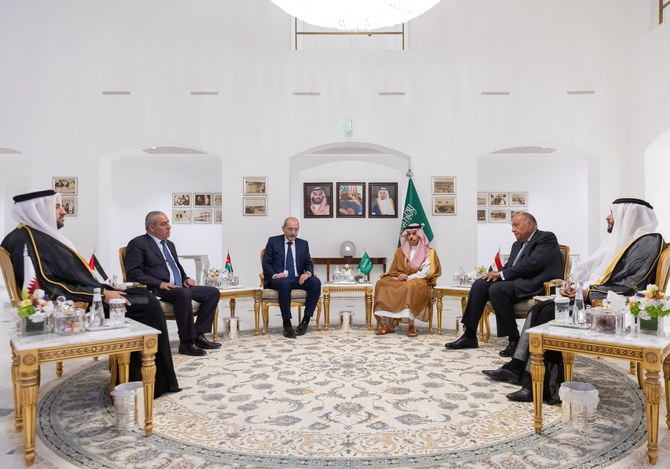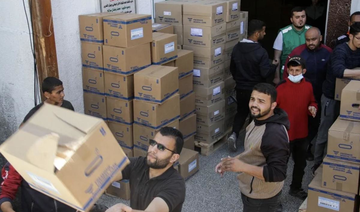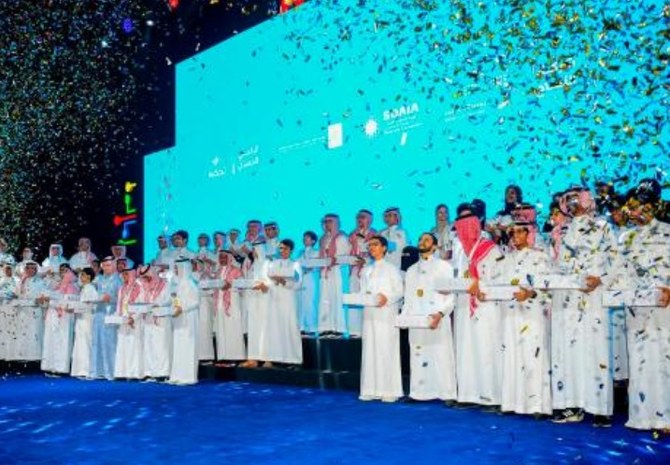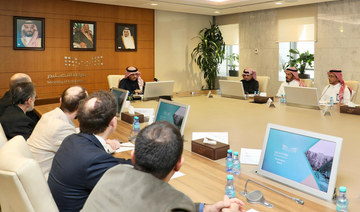DUBAI: Although the COVID-19 pandemic has brought the global travel, tourism and hospitality industry to a halt, five young Saudi women have found a silver lining.
The Traveling Panther (TTP), a Riyadh-based bespoke travel experience company, has turned to remote and forgotten areas of Saudi Arabia to display the country’s rich history and heritage.
With millions of residents and citizens across the Kingdom staying put for the foreseeable future and local tourism set to take off, their timing could not be better.
“Being a part of an industry that revolves around travel and personal interactions has definitely made things a little difficult today,” said Fahda Bander Al-Saud, TTP co-founder.
“Before the lockdown, the market was ripe with potential – the Kingdom opening up to tourism with the recent launch of the new visas was the start of a new era for the country and an exciting prospect for us as a company. The global lockdown has brought our industry to a near standstill.”
But TTP’s mission was to make the best out of a challenge. Instead of putting operations on hold, it used the time wisely to breathe, refocus, plan and prepare. “There are many things we wanted to develop, from access to a wider variety of facilities, to setting up our experience infrastructure across the Kingdom,” Al-Saud told Arab News.
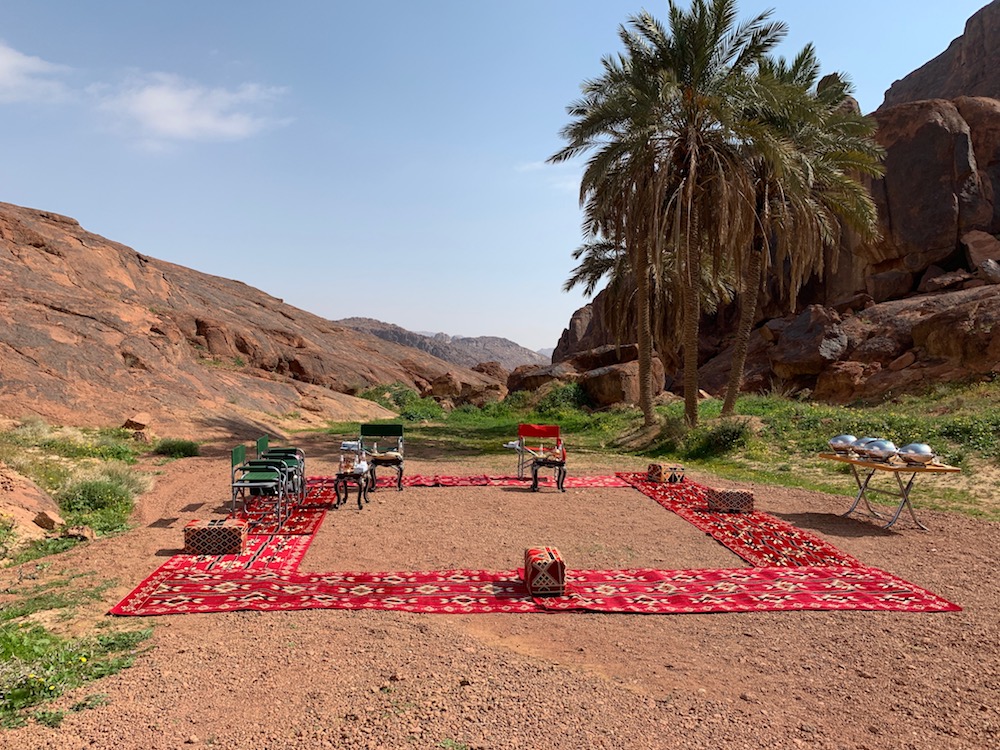
“Trying to do all of that while also managing visitors and creating incredible experiences is possible, but it’s a bit like laying tracks while the train is moving.
“For all the stress that has come with the coronavirus, there’s also been a small sense of relief – we feel more prepared than ever to deliver on our promise: creating unique luxury experiences for the conscious traveler.”
Before becoming TTP, the young women were considered the “go-to” people for travelers wishing to discover places outside the London or New York norm.
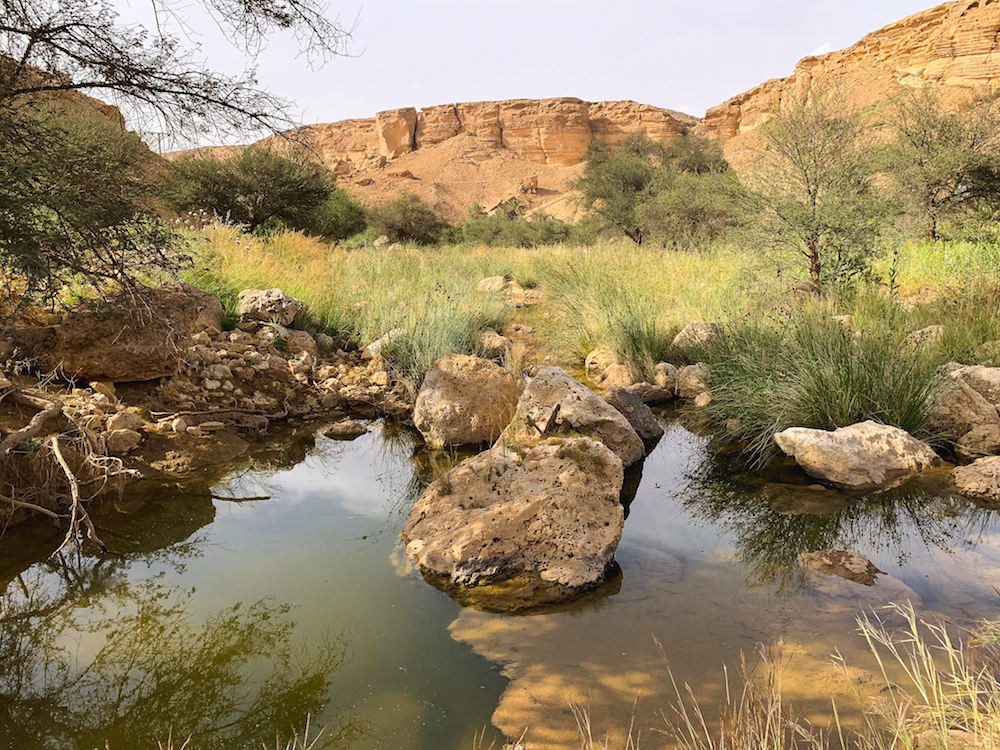
“As world travelers, we were fortunate to experience the top tourist destinations,” Al-Saud said. “When TTP was created, we used our collective knowledge to explore the unexplored, and experience the world outside of what we see on social media.”
TTP has two major milestones: 2015, when the founders visited Cuba right before the embargo was lifted, causing them to reshape the way they thought about travel and starting the company; and 2017, when TTP was formalized and began to do business worldwide.
“We drew on our connections, knowledge and expertise to create one-of-a-kind experiences for select clients throughout Europe, Africa and Asia,” said Manayer Alsharekh, TTP co-founder.
“This was when that we found our two biggest strengths: our focus in engaging the local communities, and our hands-on approach to scouting and trialing all of the locations and experiences we offer. We took those two things and ran with them, and now here we are.”

“We look at everything we do through the lens of sustainability,” she said. “In this way, we ensure that we minimize our impact and help preserve these wonderful experiences for future generations. This is true for all our work, both international and local. We have a long list of destinations on offer, and we’re excited to continue developing that.”
The focus to start with is on Saudi Arabia, namely its Eastern Province, Asir and the coast of Tabuk. “Saudi Arabia has so many incredible experiences just waiting to be seen and explored,” Alsharekh said. “Our hope is to refine and promote as much of the country as possible, both for international and local travelers.”
FASTFACT
103,600sq km
Size of Al-Nafud desert, whose sweeping red dunes make for a picture-postcard setting.
The scouting process includes contacting locals in every area about their favorite locations and gaining a better understanding of the destination from those who know it best. They then look out for adventure sites and hidden gems, from interactions with locals and artisans to natural treasures and local cuisines.
“We research potential local partners at each destination and utilize their destination management services,” she said. “The TTP team then visits the destination on a test trip to see the quality and standard of our partners’ services. We then weave everything we’ve learned into a full experience for our clients.”
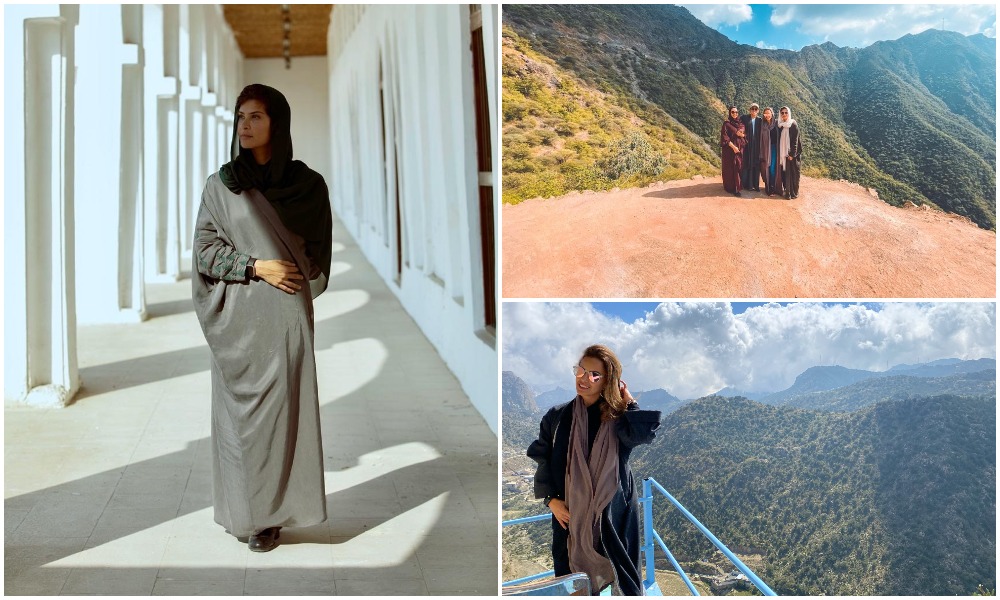
Although the COVID-19 pandemic has brought the global travel, tourism and hospitality industry to a halt, five young Saudi women have found a silver lining. (Supplied)
The process allows TTP to design the ideal trip for their customers, and gives them the confidence that everything has been taken care of well before their arrival.
Through these trials, the young women got to know the beauty of their own country. “We discovered the cultural diversity and natural wonders that exist within the Kingdom’s 13 regions, from topography and dialect to cuisine and attire,” Al-Saud said.
“We discovered that each locale has its own flavor and unique splendor. This is exciting for us to showcase, as you can completely immerse yourself in the culture and see the destination in its truest form.”

The women aim to display the natural wonders and incredibly diverse culture the Kingdom has to offer, from the towering snow-capped mountains of Tabuk and the lush green valleys of Asir, to the coral reefs in the Red Sea and the mangroves in the Gulf.
When people imagine Saudi Arabia, tropical seafronts are not the first thing that comes to mind. “And yet off of its western coast, there are white sandy beaches, atolls and incredible coral reefs,” said Al-Saud.
“There are whole towns in the mountains at risk of flooding from the amount of rainfall they get every year for as long as they’ve existed. In the north, entire regions are filled with lush farmland and, on both coasts, beautiful mangroves have been thriving for ages.
“Yet if you relied on common knowledge, you would think the Empty Quarter is characteristic of the entire country. There is just so much beauty,” Al-Saud said. “The Traveling Panther doesn’t just want to showcase it, we want to explore every inch of it ourselves.
“Everything that’s happening now isn’t just opening the region up to the international community but is also benefiting locals who are beginning to see what their country has to give. That’s what we’re most excited about.”
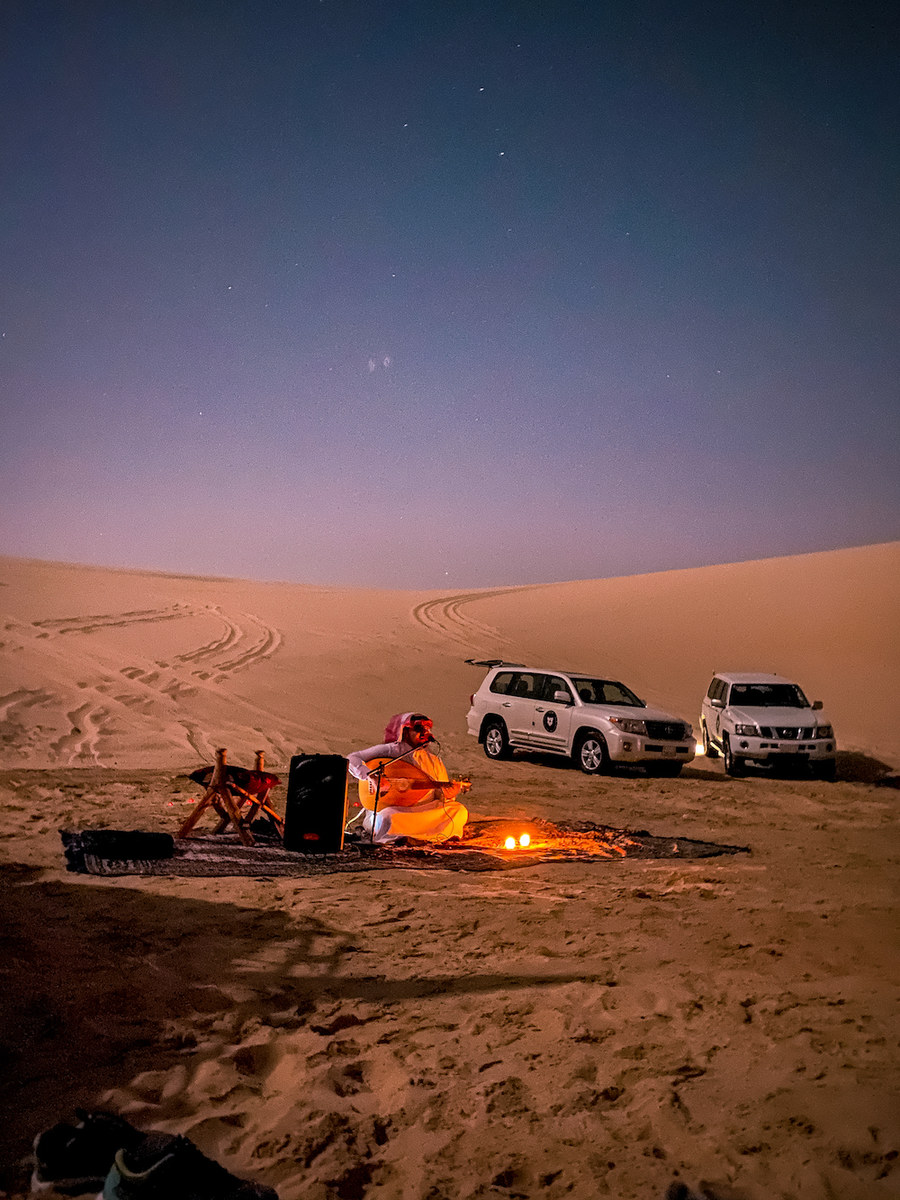
Every year, TTP scouts out and expands into one or two new destinations internationally and locally. “Saudi Arabia has its own strategy because we see it as tourism’s final frontier,” Alsharekh said.
TTP is building these destinations by engaging the local community and raising awareness for conscious tourism. It is supporting the Saudi tourism industry within each of the regions by consulting, designing, and developing experiences and services to bring them up to international standards.
The company also aims to build a community of individuals that share a love of travel and exploration. “The community will be built on the spirit of collaboration and the joy of discovery,” she said.
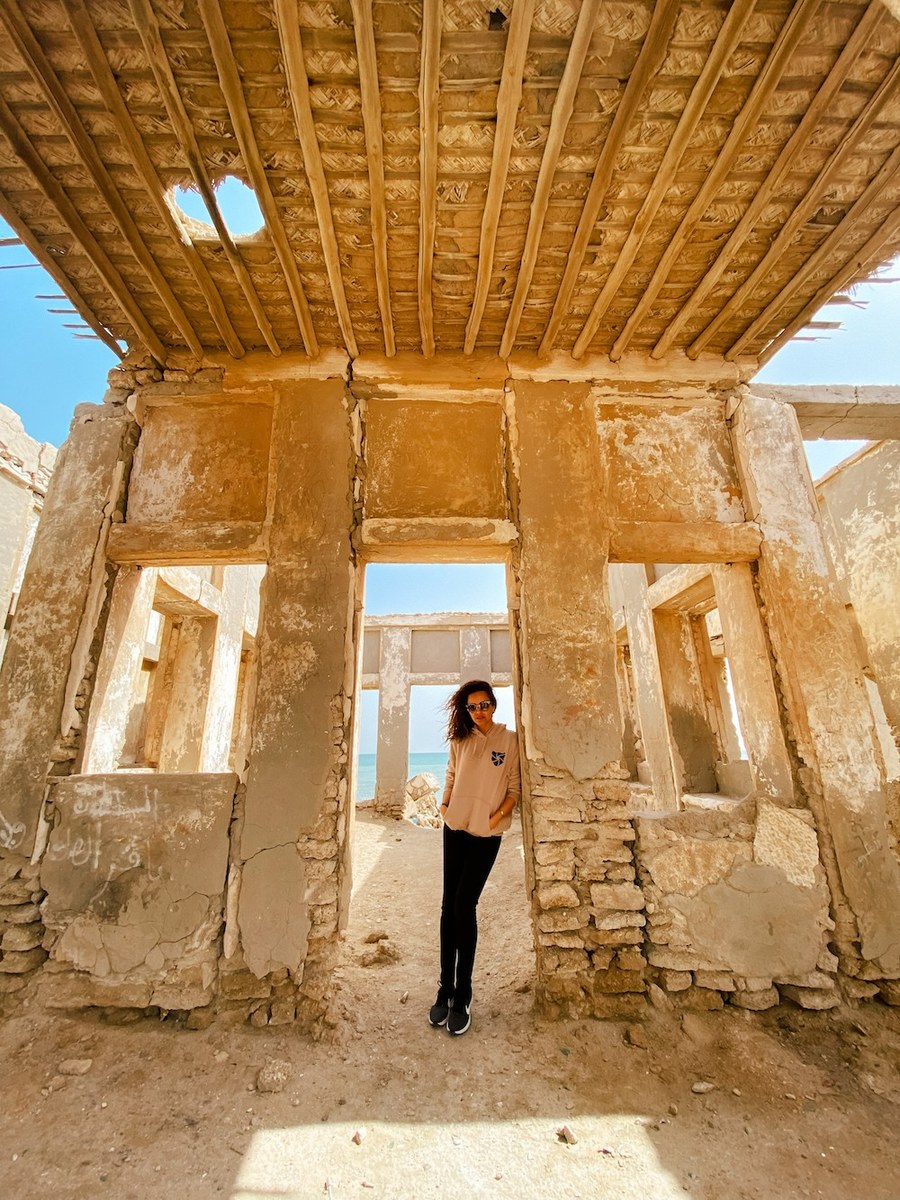
“This is a long-term, far-reaching project that we’re very excited about, and we’re finding that it is developing naturally just through our day-to-day interactions with clients, partners and personal connections.”
Although there is much international and local curiosity about Saudi Arabia, Al-Saud said, there is not much knowledge about where to go and what to do given the country’s recent opening. “As nationals, we feel it’s our responsibility to showcase our Kingdom’s beauty and tell its tales through local narratives,” she said.
She described the group as “experience hunters”, whose restless nature as travelers fuels their love of exploration and finding the perfect destinations and moments.
“We love to perfect these experiences and then share them with the world,” Al-Saud said. “Think Indiana Jones, but instead of finding relics, we find moments.”
-------------
Twitter: @CalineMalek


